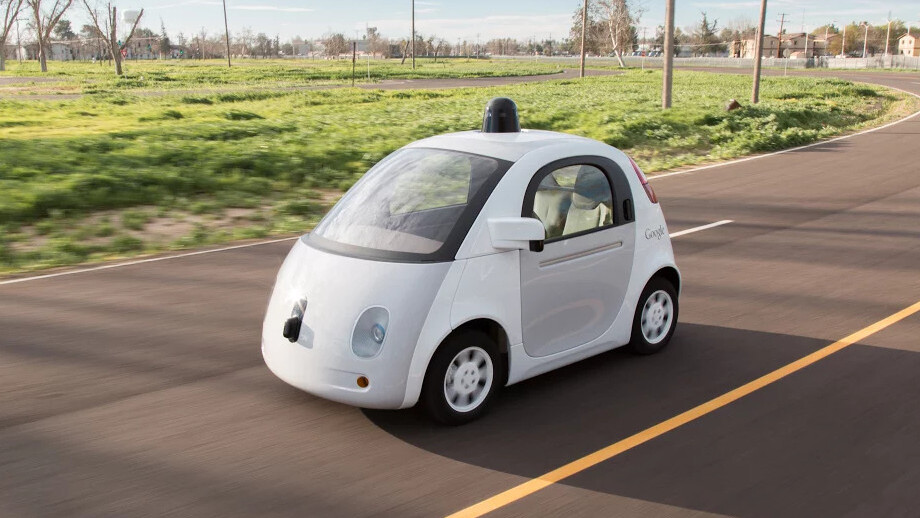
A preliminary study on the safety of self-driving vehicles conducted by The Univeristy of Michigan Transportation Research Institute revealed autonomous cars are responsible for more accidents than their human-driven coutnerparts.
But, the numbers might not be telling the whole story.
Lost in the whirlwind of big headlines about killer robot cars was this seemingly important bit of information found right in the beginning of the study:
“Two important caveats should be considered when interpreting the findings. First, the distance accumulated by self-driving vehicles is still relatively low (about 1.2 million miles, compared with about 3 trillion annual miles in the U.S. by conventional vehicles) … Therefore, their exposure has not yet been representative of the exposure for conventional vehicles.”
Tiny things like lack of a representative sample size have been known to make numbers tell a story that might not be at all indicative of the facts. Brandon Schoettle, one of the study’s authors agrees. He told NBC:
“One might conclude that self-driving vehicles are more dangerous, but I don’t think the data actually show[s] that right now. They appear to be more likely to be involved in crashes in general (though not at fault and always being hit by conventional vehicles), but the injuries that occurred were less severe, and all minor so far.”
The data showed a total of 11 crashes among three makers of self-driving cars, Google, Delphi and Audi. All 11 crashes and the bulk of the 1.2 million miles driven on public roads occurred in the Google autonomous vehicle.
The study also pointed out:
“Third, self-driving vehicles were not at fault in any crashes they were involved in.”
We’re still very much in small sample size territory, but the data so far tells us that humans are pretty bad drivers. The cars do what they’re told to do, and outside of that they have, so far, proven to respond to situations exactly as you would expect them to.
Humans, on the other hand, are unpredictable and dangerous. According to the National Highway Traffic Safety Administration (NHTSA), in just over 3 trillion miles driven in 2013, humans were responsible for 5.7 million police-reported crashes. The actual number could be far higher, as many accidents are unreported single-car incidents.
To get a big picture view of how safe autonomous cars are, we need to get more of them on the road. Until we see how they handle real-world situations as well as a variety of road and climate conditions, any numbers about their safety should be met with a disclaimer detailing the lack of real-world usage data.
For the time being, once you adjust the numbers for the NHTSA estimates of 60 percent of property-damage only crashes and 24 percent of injury-related crashes going unreported, the autonomous car programs are clearly ahead.
➤ Study of self-driving cars shows other drivers are good at hitting them [Ars Technica]
Get the TNW newsletter
Get the most important tech news in your inbox each week.




